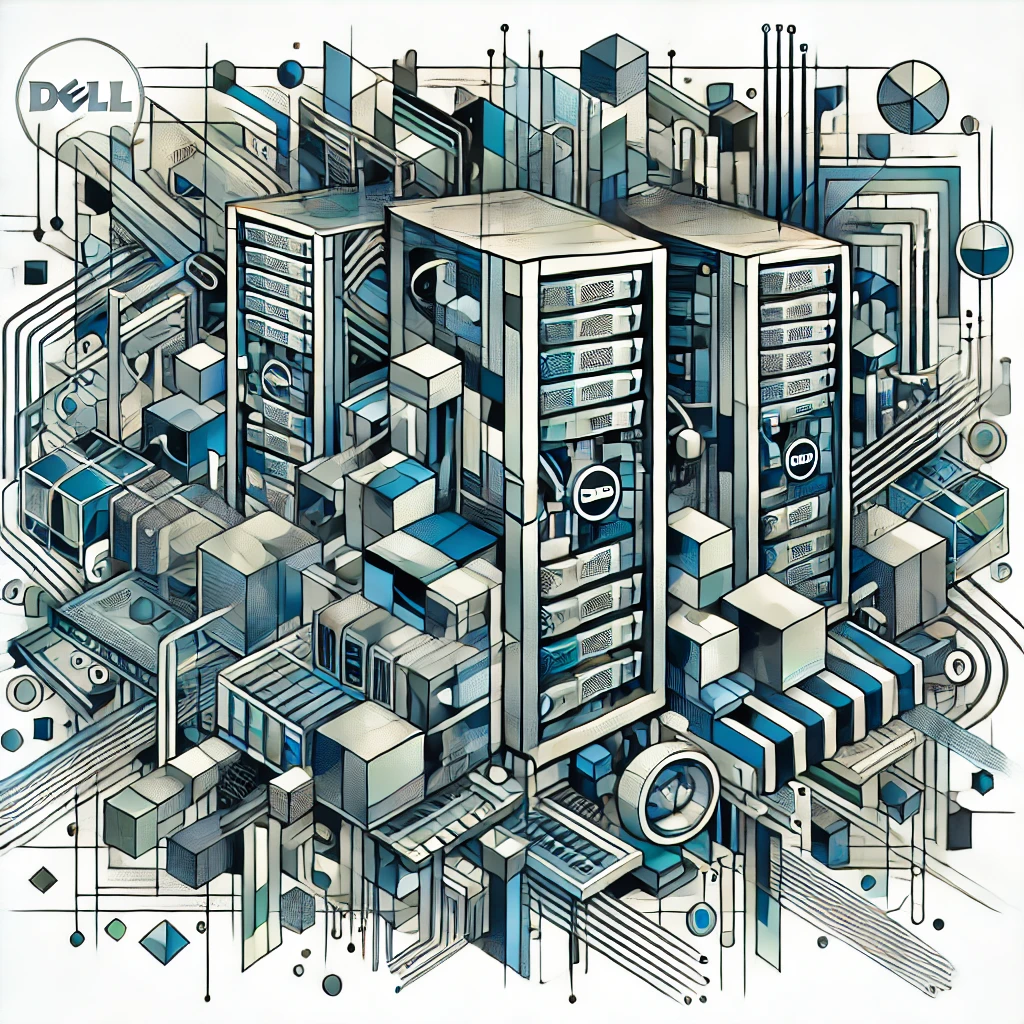Research Projects
Enhancing Residential Community Appeal

The Challenge: The Irvine Company, a leader in master-planned community development, faced challenges in differentiating its new residential communities amid growing competition in the Southern California housing market. The company sought to understand what features and amenities prospective buyers valued most to ensure their developments resonated with modern lifestyles.
The Approach: Ascero Research conducted a comprehensive study combining focus groups, online surveys, and competitive benchmarking. The research examined buyer preferences, perceptions of Irvine Company’s offerings, and emerging trends in housing design and amenities.
Key Findings: The research revealed that 72% of potential buyers prioritized eco-friendly features, such as energy-efficient appliances and sustainable landscaping, while 63% emphasized the importance of recreational amenities like parks and fitness centers. Focus group participants expressed a desire for stronger integration of technology, including smart home features and high-speed connectivity. Additionally, the analysis highlighted that Irvine Company’s branding as a premium developer was highly valued but required clearer communication of these benefits in marketing materials.
Outcome: Armed with these insights, Irvine Company adjusted its development plans to incorporate more sustainable designs and enhanced smart home technologies. The company also refined its marketing strategy to emphasize its commitment to innovation, resulting in a 20% increase in sales inquiries and faster sell-through rates for new homes.
Revitalizing Consumer Trust in Dairy Products

The Challenge: Dean Foods, a leading dairy producer, faced declining consumer trust and sales due to increased competition from plant-based alternatives and changing perceptions of dairy’s health benefits. The company needed to understand consumer attitudes and identify messaging strategies to rebuild trust and loyalty.
The Approach: Ascero Research conducted a mixed-methods study, including online surveys, focus groups, and social media sentiment analysis. The research explored consumer preferences, perceptions of dairy’s role in a healthy diet, and the impact of sustainability concerns on purchasing decisions.
Key Findings: The study revealed that 67% of consumers were concerned about the environmental impact of dairy production, while 59% expressed confusion about the health benefits of dairy versus plant-based alternatives. Focus group participants indicated that clear labeling and transparency around sourcing and production practices could improve trust. Additionally, social media analysis highlighted a growing demand for environmentally responsible practices and products from dairy companies.
Outcome: Armed with these insights, Dean Foods launched a new marketing campaign emphasizing their commitment to sustainable farming and the health benefits of dairy. The company also introduced transparent packaging and clearer product labeling, which led to a 15% increase in sales within six months and a significant improvement in brand perception among health-conscious consumers.
Expanding Brand Awareness in Competitive Markets

The Challenge: Koa Coffee, a premium producer of 100% Kona coffee, faced challenges in expanding brand awareness beyond niche markets. While recognized for quality, the company struggled to effectively communicate its unique value proposition to a broader audience, competing against larger coffee brands with substantial marketing budgets.
The Approach: Ascero Research conducted a multi-layered study that included consumer focus groups, competitive analysis, and online surveys. The goal was to identify what potential customers valued in premium coffee, their awareness of Kona coffee’s distinct qualities, and the effectiveness of Koa Coffee’s current messaging.
Key Findings: The research revealed that 78% of respondents were unfamiliar with the unique characteristics of Kona coffee, such as its limited production and superior flavor profile. However, 65% indicated a willingness to pay a premium for coffee with a compelling origin story and artisanal quality. Focus group feedback emphasized the importance of highlighting the sustainable farming practices and the exotic Hawaiian heritage associated with Kona coffee. The competitive analysis showed an opportunity for Koa Coffee to differentiate through storytelling and visual branding that emphasized its authenticity and exclusivity.
Outcome: Based on these findings, Koa Coffee revamped its marketing strategy, creating a visually rich campaign showcasing the story of Kona coffee, its sustainable practices, and the artisans behind the brand. The campaign led to a 35% increase in online traffic and a 20% boost in sales over six months, successfully positioning Koa Coffee as a leader in the premium coffee market.
Positioning for High-Performance Computing in Emerging Markets

The Challenge: Dell Servers faced challenges in expanding their market share in emerging markets where businesses often prioritized cost over performance. Despite offering advanced server solutions, the brand struggled to effectively communicate the long-term value of its high-performance computing to small and medium-sized enterprises (SMEs) in these regions.
The Approach: Ascero Research conducted a comprehensive study that included surveys with IT decision-makers, focus groups with SME leaders, and a competitive pricing and performance analysis. The research aimed to uncover pain points in server adoption, perceptions of Dell’s offerings, and key decision-making criteria in emerging markets.
Key Findings: The research revealed that 62% of SMEs in emerging markets considered initial cost the most critical factor when choosing servers, but 74% expressed frustration with frequent downtime and hidden costs associated with less reliable systems. Focus groups highlighted that SMEs lacked awareness of how Dell’s advanced server solutions could reduce total cost of ownership over time through energy efficiency, scalability, and reliability. Additionally, a significant portion of respondents indicated that localized support and flexible financing options would greatly influence their purchasing decisions.
Outcome: Armed with these insights, Dell developed a targeted campaign emphasizing the cost-effectiveness and reliability of its servers. The campaign highlighted real-world examples of SMEs achieving long-term savings and improved productivity with Dell solutions. By introducing flexible payment plans and localized support services, Dell increased market penetration, achieving a 30% growth in server sales in key emerging markets within a year.
Enhancing Market Share in the Renewable Energy Sector with Increasing Competition

The Challenge: LG Cable, a global leader in electrical and telecommunications cables, faced increased competition in the growing renewable energy market. While their cables were recognized for quality, the company struggled to differentiate itself in a sector increasingly focused on sustainability and cost-effectiveness. LG Cable needed insights to refine its messaging and better align its offerings with the priorities of renewable energy developers.
The Approach: Ascero Research conducted a detailed study including industry expert interviews, competitor benchmarking, and customer surveys targeting renewable energy project managers. The research aimed to identify key decision-making factors for cable procurement and assess perceptions of LG Cable compared to competitors.
Key Findings: The research revealed that 71% of renewable energy developers prioritized sustainability certifications and environmental impact in their purchasing decisions, while 64% considered long-term durability and reliability as critical factors. However, many respondents were unaware of LG Cable’s innovations in environmentally friendly materials and advanced cable technologies. Competitor benchmarking highlighted that other brands were more effectively communicating their green credentials and cost advantages through targeted campaigns.
Outcome: Based on these findings, LG Cable launched a revamped marketing strategy emphasizing its eco-friendly materials, long-term cost savings, and innovative solutions for renewable energy projects. The company also introduced a certification program to verify the sustainability of its products. These efforts resulted in a 28% increase in market share within the renewable energy sector over the following year, reaffirming LG Cable’s leadership in the industry.
Capturing Market Share in the High-Performance Computing Segment

The Challenge: AMD faced the challenge of competing with established leaders in the high-performance computing (HPC) sector, where Intel and NVIDIA had strong brand loyalty among enterprise customers. Despite offering innovative and cost-effective processors and GPUs, AMD struggled to communicate its value proposition to decision-makers in this niche market.
The Approach: Ascero Research conducted an in-depth study using a combination of enterprise IT surveys, interviews with technology buyers, and competitive analysis. The study focused on understanding perceptions of AMD’s products, key decision-making factors for HPC purchases, and potential barriers to adoption.
Key Findings: The research revealed that 58% of enterprise customers were unaware of AMD’s HPC solutions, with many associating the brand primarily with gaming hardware. However, 72% of respondents cited performance-per-dollar as a critical factor in their purchasing decisions, a metric where AMD excelled compared to competitors. Focus groups highlighted that clearer messaging around AMD’s benchmarks in HPC tasks, as well as successful case studies, could significantly influence buyer confidence.
Outcome: Based on the findings, AMD launched a targeted marketing campaign emphasizing its performance-per-dollar advantage and showcasing real-world use cases of its HPC solutions in industries like AI, data analytics, and scientific research. This strategy, combined with partnerships with enterprise IT influencers, resulted in a 20% increase in inquiries and a notable boost in sales within the HPC market, reinforcing AMD’s position as a competitive player in the industry.
Strengthening Brand Identity in a Crowded Craft Beer Market

The Challenge: Lagunitas Brewing, a well-established craft brewery, faced increasing competition as the craft beer market became saturated with new entrants. The brand struggled to maintain its distinct identity and connect with younger consumers who were gravitating towards trendier and more experimental breweries.
The Approach: Ascero Research conducted an in-depth analysis through focus groups, consumer surveys, and a social media audit. The study aimed to uncover consumer perceptions of Lagunitas, explore preferences for craft beer branding, and identify opportunities to appeal to emerging demographic segments.
Key Findings: The research revealed that while long-time customers appreciated Lagunitas’ established quality and quirky personality, younger audiences found its branding less exciting compared to newer competitors. Additionally, 60% of respondents expressed interest in seasonal and limited-edition beer offerings, while 72% highlighted the importance of engaging social media content and interactive events. The social media audit showed that competitors were more effectively leveraging platforms like Instagram to showcase their products and connect with audiences.
Outcome: Using these insights, Lagunitas Brewing introduced a refreshed branding strategy that emphasized its quirky heritage while incorporating modern, vibrant visuals. The company also launched limited-edition beers and interactive social campaigns, including virtual beer tastings and live Q&A sessions with brewers. As a result, Lagunitas saw a 25% increase in engagement on social media and a notable uptick in sales for its new seasonal offerings, successfully reinvigorating its presence in the craft beer market.
Reconnecting with a New Generation of Outdoor Enthusiasts

The Challenge: Browning Firearms, a heritage brand in the hunting and outdoor equipment market, faced challenges engaging younger, tech-savvy consumers. While the brand retained loyalty among seasoned hunters, its traditional marketing approach struggled to resonate with millennials and Gen Z, who valued lifestyle branding and innovative product features.
The Approach: Ascero Research conducted a multi-phase study, including in-depth interviews with outdoor enthusiasts, online surveys, and an analysis of social media trends. The research focused on understanding the evolving preferences of younger demographics, their attitudes toward firearms and outdoor activities, and their perceptions of Browning’s brand.
Key Findings: The research revealed that 68% of younger consumers prioritized versatility and innovative features in outdoor gear, while 55% expressed interest in brands that align with broader lifestyle trends, such as adventure, sustainability, and technology integration. Social media analysis showed that competitors were gaining traction by using influencers and showcasing products in aspirational, non-traditional hunting scenarios, such as camping and adventure sports. Younger participants also emphasized the importance of user-friendly digital content, including tutorials and product reviews.
Outcome: Based on these insights, Browning Firearms launched a rebranding campaign emphasizing its legacy of quality while highlighting product versatility and modern features. The company collaborated with outdoor influencers, created visually appealing social media content, and introduced a line of gear tailored for multi-purpose outdoor activities. These efforts resulted in a 30% increase in social media engagement and a significant uptick in sales among younger consumers, successfully bridging the generational gap.
Expanding Market Presence in Medical Touchscreen Technology

The Challenge: Touch International, a leading provider of advanced touchscreen solutions, sought to increase its market share in the medical device industry. Despite having innovative and durable products, the company struggled to differentiate itself in a crowded market where buyers prioritized reliability and compliance with strict regulatory standards.
The Approach: Ascero Research conducted a comprehensive market analysis, including in-depth interviews with medical device manufacturers, competitive benchmarking, and surveys targeting healthcare technology decision-makers. The research aimed to uncover the key factors influencing purchasing decisions and identify gaps in Touch International’s marketing strategy.
Key Findings: The study revealed that 68% of respondents prioritized touchscreens that could withstand rigorous sanitation protocols, a feature Touch International excelled in but had not prominently highlighted in its marketing. Additionally, 55% of medical device manufacturers emphasized the importance of vendor compliance with regulatory standards, such as ISO and FDA certifications. Focus group participants indicated that the company’s value propositions were not clearly communicated, with many unaware of Touch International’s industry-specific expertise.
Outcome: Based on these findings, Touch International revamped its marketing materials to emphasize its compliance with industry standards, durability under medical conditions, and customizable solutions for healthcare applications. The company also launched a targeted outreach campaign showcasing case studies of its touchscreens in successful medical device applications. As a result, Touch International increased its market share in the medical technology sector by 22% within a year, strengthening its position as a trusted partner in the industry.